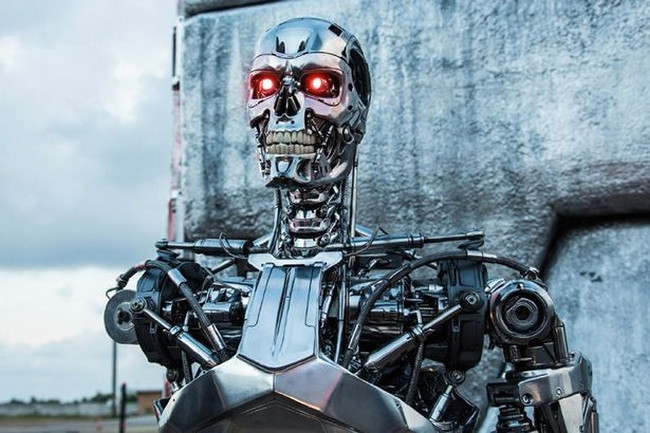Korean University was ostracized for studying killer robots
The research community simultaneously boycotted the KAIST Institute in Korea by collaborating with defense companies to develop automatic weapons.
More than 50 artificial intelligence researchers (AI) from nearly 30 countries signed a petition calling for a boycott of the Korea High-level Science and Technology Institute (KAIST) and its partner, Hanwha Systems defense corporation, Guardian yesterday reported. Researchers claim they will not collaborate with the university or host visitors from KAIST in fear of KAIST seeking to promote arms racing to develop automatic weapons.
"There are many wonderful things you can do thanks to AI assistance such as saving people, including in battle situations, but publicly declaring this goal of developing automatic weapons and partners like this raises. Toby Walsh, a professor at the University of New South Wales, who organized the boycott campaign, said. "A very respectable university cooperates with a non-transparent partner and repeatedly violates international rules."

Assassin robots can threaten human existence according to AI experts.(Photo: Science Alert).
The boycott campaign took place before the United Nations meeting in Geneva, Switzerland, next week on automatic weapons, in which more than 20 countries have called for a ban on the complete assassin robot. The use of military AI around the world has led experts to fear the script is like a movie The Terminator will happen. Many questions are raised about the accuracy of this weapon and their ability to distinguish friends and foes.
Hanwha is one of South Korea's largest weapons manufacturers and makes cluster munitions bombs banned in 120 countries under international agreements. South Korea, along with the US, Russia and China, did not sign the agreement.
Walsh became interested in the partnership between KAIST and Hanwha when reading the Korean article describing KAIST 'joining the global competition for the development of automatic weapons'. He quickly wrote to the university and asked many questions but was unresponsive.
Sung-Chul Shin, director of the KAIST Institute, said he felt very sad when he heard the news of the boycott. "I would like to confirm that KAIST has no intention of participating in the development of automated killing weapons systems and killer robots. As an academic institute, we promote human rights and moral standards. Again I confirm that KAIST will not conduct any research activities that are contrary to human interests including unarmed automatic weapons, "Shin said.
KAIST opened a research center on defense and artificial intelligence on February 20. According to Shin, the center will "provide a solid foundation to develop defense technology". The center will focus on "decision-making and decision-making systems, integrated positioning algorithms for large-scale undersea vehicles, intelligent flight training systems, identification and tracking technology AI-based objects ".
Korea's Dodaam Systems Group produces fully automated "fighting robots", a fixed tower that can detect targets from a distance of three kilometers. The company's customers include the United Arab Emirates and Qatar. Robots have been tested on the border with North Korea, but the company manager said that according to regulations, someone should be in charge of the attack.
South Korea has deployed an army of robot patrols along the border with Korea. Samsung's SGR-A1 robots equipped with machine guns can switch to automatic mode but they are currently operated by people via cameras.
- He: Called against assassin robots
- Rare photos of Korea before being divided into two countries
- The United Nations discusses killer robots
- South Korea piloting robots teaching English
- There is only one way to prevent smart robots from slaughtering people?
- Fearful prospect of robot attack automatically
- Video: 6 small robots pull a car weighing nearly 2 tons
- America will put more robots on Mars
- Cockroach robots can bear a million times more weight
- Robot killing jellyfish
- Manufacture of deep-sea robots based on discharging fish
- The robot knows how to reject human commands
 The world's first sexless AI voice
The world's first sexless AI voice This cool t-shirt will make you invisible to AI
This cool t-shirt will make you invisible to AI AI can predict personality only through selfie photos
AI can predict personality only through selfie photos The world-famous chess player lost to Golaxy before, artificial intelligence 'made in China'
The world-famous chess player lost to Golaxy before, artificial intelligence 'made in China'